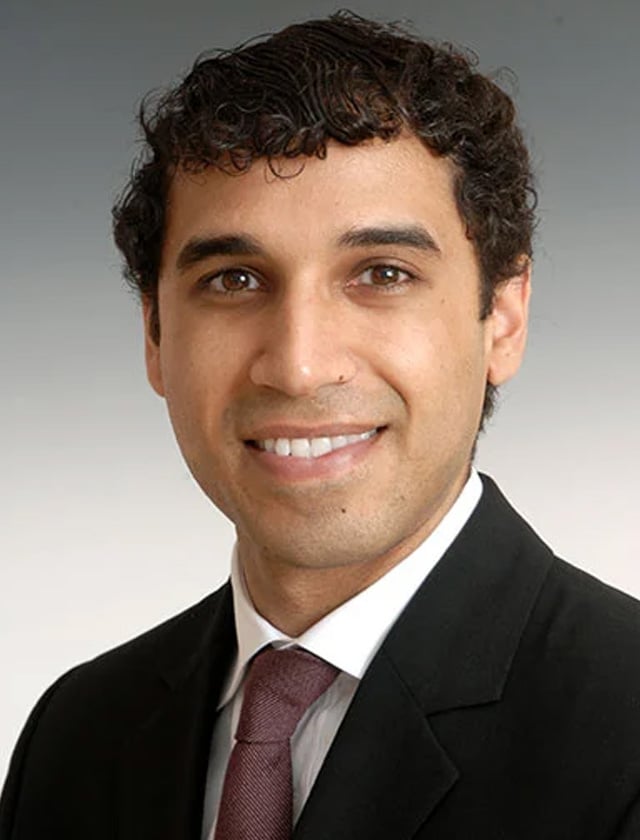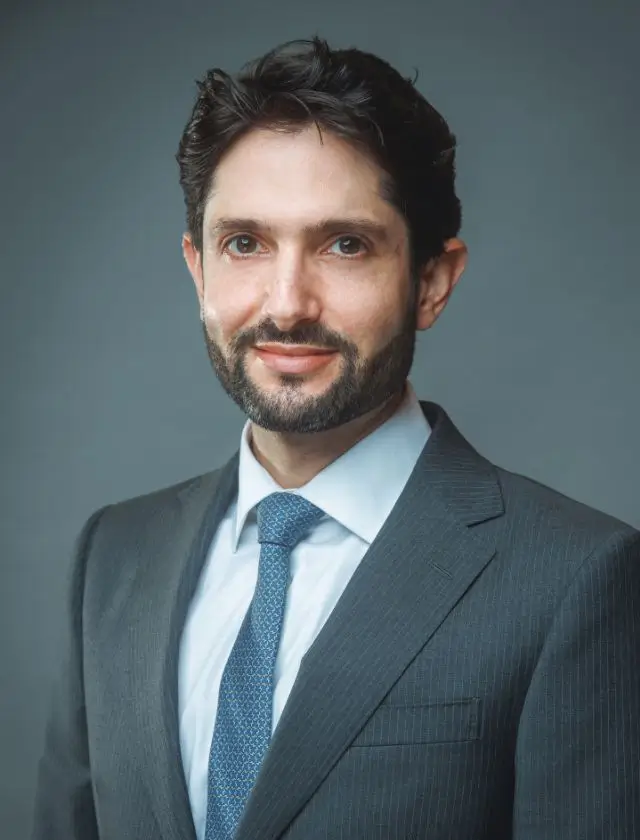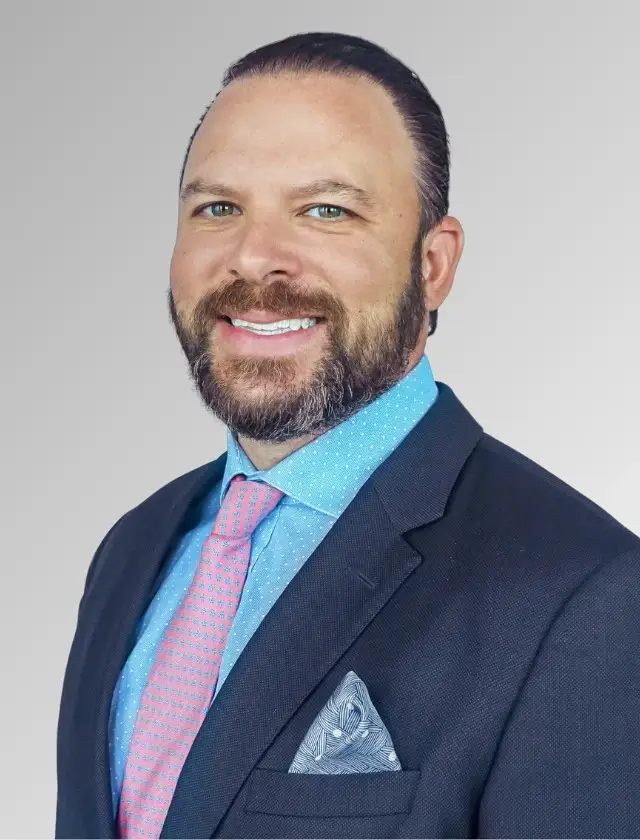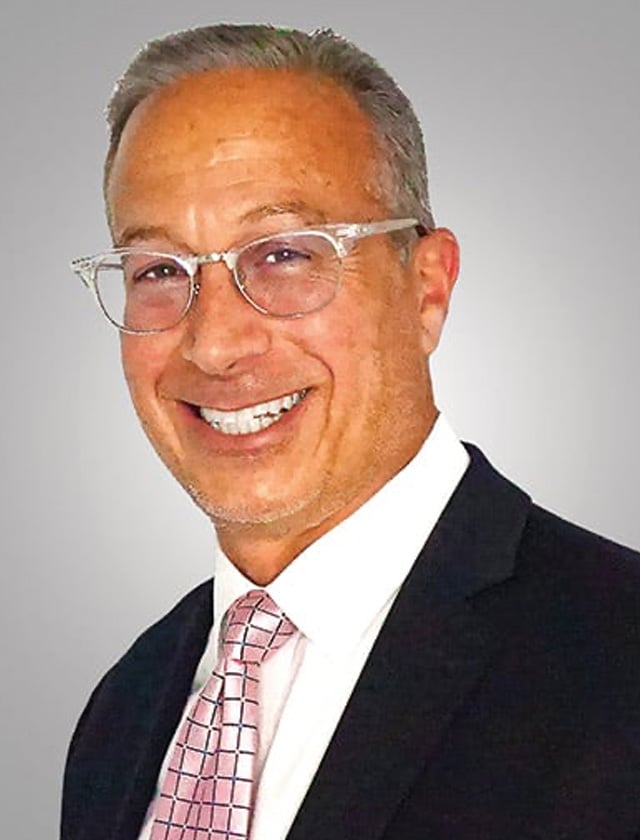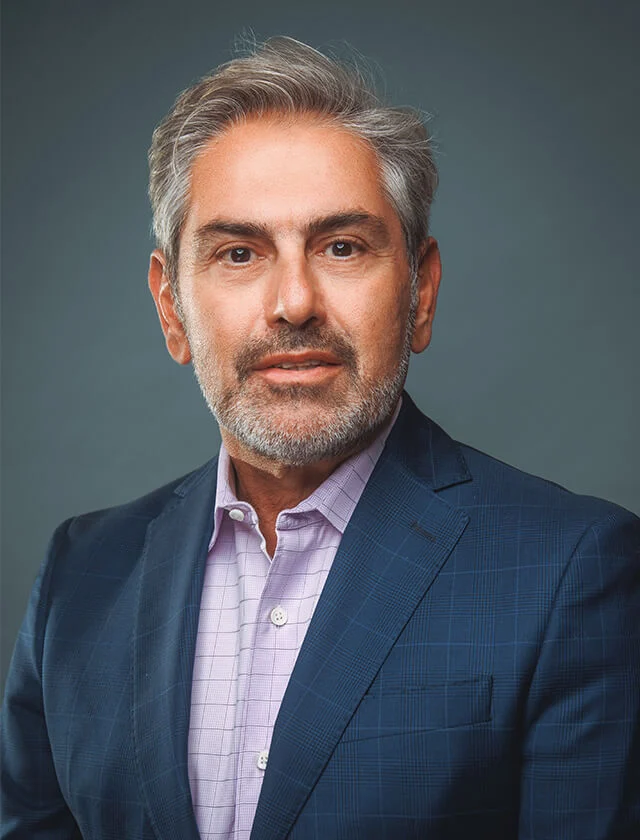A pilonidal cyst is an abscess on or near the natal cleft, the deep groove that runs between the two buttocks at the base of the tailbone. The cyst or abscess may look like a boil and usually contains hair and skin debris. This condition occurs more often in males than females and rarely before puberty or after the age of 40.
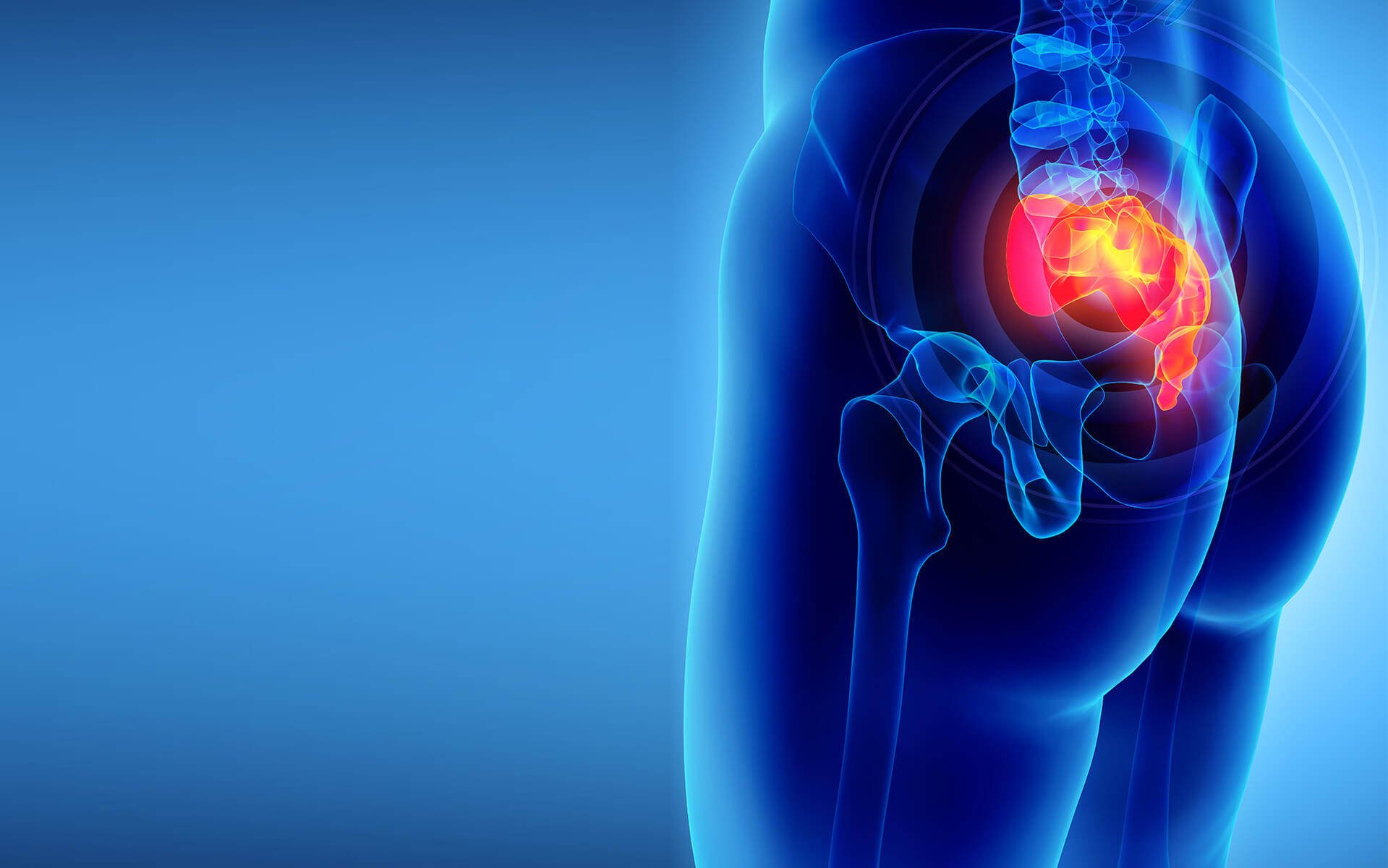
Understanding Pilonidal Cysts & Abscesses

What is a Pilonidal Cyst?
Pilonidal Cyst Symptoms
Pilonidal cysts may vary in size from a small dimple to a large, painful mass that resembles a boil. Symptoms can include:
- Pain, swelling, or redness at the bottom of the spine
- Foul-smelling pus (a sign of infection)
- Pus draining (may be clear, cloudy, or bloody)
- Fever
- Nausea
Causes
Pilonidal cysts are thought to be caused by the hair follicles in the skin becoming damaged or irritated, leading to the development of a cyst.
Risk Factors
Pilonidal cysts are more common in people with thick, curly hair and are also more common in men than in women. Other risk factors include:
- Personal or family history of cysts, acne, carbuncles, boils, folliculitis, and/ or sebaceous cysts
- Deep natal cleft (also known as the gluteal crease)
- Obesity
- Sedentary or inactive lifestyle
- Prolonged sitting for work or sports, such as horseback riding or cycling
- Excess body hair, particularly in the lower back and buttocks region
- Hair that is coarse or thick
- Poor hygiene practices
- Irritation or trauma to the area
Diagnosing Pilonidal Cysts
Your doctor will rely on a combination of personal and family history and a physical exam to diagnose a pilonidal cyst. Additional testing or imaging should not be necessary to diagnose, but may be recommended to rule out other possible conditions. The symptoms of a pilonidal cyst are usually sufficient enough to reach a proper diagnosis.
Treating Pilonidal Cysts
When a pilonidal cyst gets infected, it can become a painful abscess. If the cyst is chronically infected, there is a chance it could lead to a slightly increased risk of a type of skin cancer known as squamous cell carcinoma.
The goal of treatment for a pilonidal cyst is to address pain, improve patient comfort, and prevent infection or disease. Pilonidal cyst treatment is typically done by a plastic surgeon and may include one or more of the following:
Excision of the cyst: removal of the entire cyst sack and its contents (hair, skin cells, and debris)
Flap closure: a wound-closing procedure to aid in faster recovery
Laser hair removal: to reduce the possibility of recurrent pilonidal cysts
Treating a pilonidal cyst is an outpatient procedure that may require either local or general anesthesia, depending on the nature and size of the cyst. It should take about an hour to complete. Typically, the treated area will take between one to three months to heal after surgical removal. You should be able to resume normal activities within a week to a month. You may experience a bit of pain or tenderness as you heal. Your doctor will give you instructions on how to manage pain and avoid infection or recurrence during the recovery process.
Our Doctors
Patient Stories
Find a Pilonidal Cyst Specialist Near Me
Insurance Information
The Institute for Advanced Reconstruction participates in a wide range of insurance plans, including those listed below. However, each physician has their own accepted insurance and hospital affiliations. Before scheduling an appointment, please contact your insurance carrier to confirm that your provider is in-network.
If we are not an in-network provider, our friendly insurance specialists will help you find the most coverage available for your treatment.
- Horizon Blue Cross Blue Shield of New Jersey
- Medicare
- Railroad Medicare
- Aetna
- Cigna
- United Healthcare
- Oxford (Freedom, Liberty)
- MagnaCare
Patient Resources
Learn more about what to expect when it comes to surgical procedures and treatments at the Institute for Advanced Reconstruction by visiting our patient resource page.
Am I a candidate for treatment?
You don’t have to live with the discomfort of a pilonidal cyst. Find a pilonidal cyst specialist near you and schedule a consultation to determine if you are eligible for advanced treatments that offer long-term relief

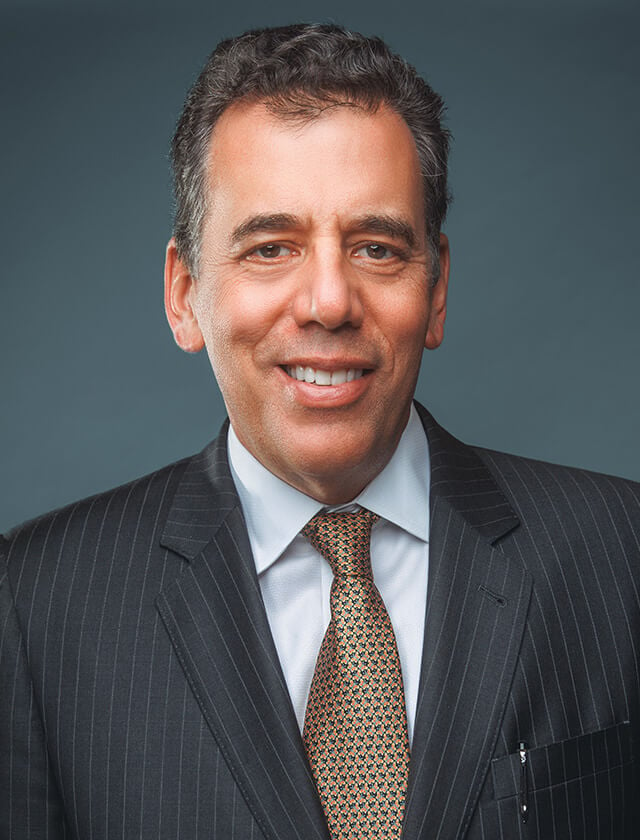
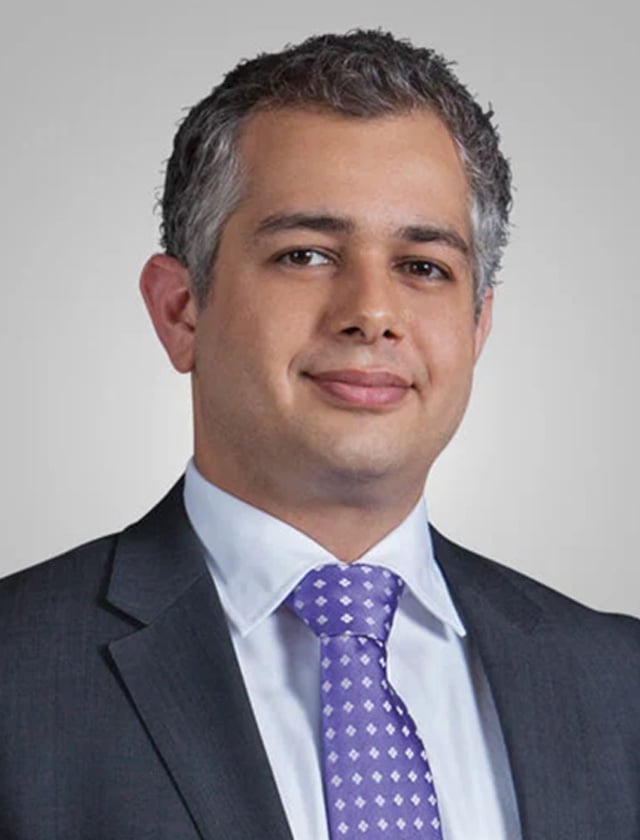
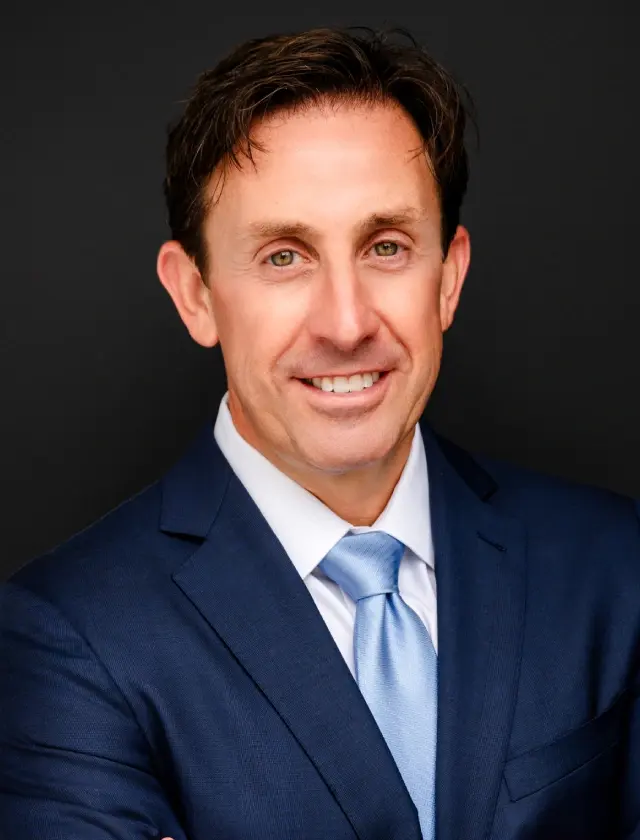


-min.png)

